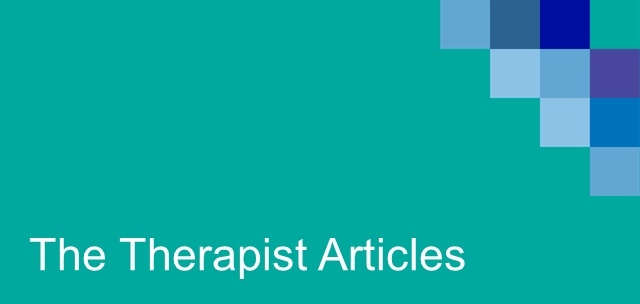
The Therapist Magazine Articles
This course satisfies BBS requirements. Earn 2 CEs by reading Professional Exchange or Law and Ethics articles from The Therapist. Members: $20 / Non-Members: $35.

|

The Therapist Magazine Articles
This course satisfies BBS requirements. Earn 2 CEs by reading Professional Exchange or Law and Ethics articles from The Therapist. Members: $20 / Non-Members: $35.

Supervision Package for the CAMFT Certified Supervisor Program
These courses satisfy the requirements of the CAMFT Certified Supervisor Program. Click here for more information.

Individual Supervision Courses
These courses satisfy BBS Supervision requirements. They are not designed to meet the requirements of the CAMFT Certified Supervisor Program.

Suicide Prevention Series
Click here to see workshops being offered: Bill AB 1436 - BBS Suicide Prevention Training, was passed into law last year. Beginning January 1, 2021, every applicant...

PROFESSIONAL PRIVATE PRACTICE WORKSHOP SERIES
This workshop series offers content for psychotherapists setting up a private practice and seasoned psychotherapists needing to improve their practice.